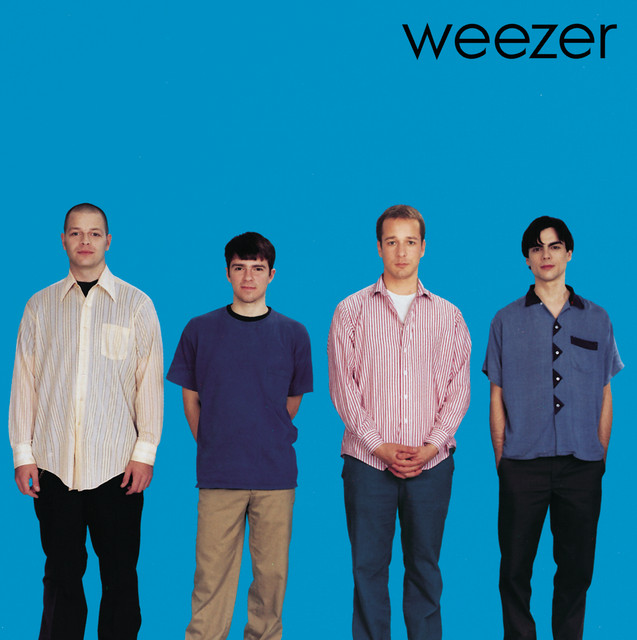Introduction:
“Buddy Holly” by Weezer stands as a timeless classic of alternative rock, captivating listeners with its infectious melody, catchy hooks, and irreverent charm. Released in 1994 as the second single from their debut self-titled album, the song propelled Weezer to mainstream success and solidified their status as one of the most influential bands of the 1990s. This article embarks on a comprehensive journey into the legacy, impact, and cultural significance of “Buddy Holly,” delving deep into its musical composition, lyrical themes, and enduring appeal.
The Birth of “Buddy Holly”:
Written by Weezer’s lead vocalist and guitarist Rivers Cuomo, “Buddy Holly” emerged from the band’s desire to create a fun and catchy rock anthem that paid homage to the music of the 1950s. Inspired by the iconic rock ‘n’ roll pioneer Buddy Holly, Cuomo crafted a song that blends elements of power pop, punk rock, and new wave into a uniquely infectious blend of nostalgia and modernity. With its irresistible hooks, driving rhythm, and tongue-in-cheek lyrics, “Buddy Holly” captures the spirit of rebellion and youthful exuberance that defined the alternative rock scene of the 1990s.
Musical Composition and Arrangement:
“Buddy Holly” is characterized by its upbeat tempo, crunchy guitar riffs, and infectious vocal harmonies, creating a sound that is both instantly recognizable and irresistibly catchy. The song’s iconic guitar riff, reminiscent of 1960s surf rock, serves as the backbone of the music, driving the song forward with its infectious energy and vitality. Meanwhile, Cuomo’s deadpan vocals and witty lyrics add a playful sense of humor and irreverence to the song, creating a sense of camaraderie and fun that resonates with listeners of all ages.
Lyrics and Themes:
At its core, “Buddy Holly” is a song about youthful rebellion, self-expression, and the joys of music and camaraderie. The lyrics playfully reference Buddy Holly and his impact on rock ‘n’ roll history, with lines like “Oo-wee-oo, I look just like Buddy Holly / Oh-oh, and you’re Mary Tyler Moore” evoking images of 1950s nostalgia and pop culture iconography. Yet beneath its surface, the song explores themes of identity, belonging, and the universal desire to break free from societal constraints and expectations.
Commercial Success and Critical Acclaim:
“Buddy Holly” was an instant hit upon its release, topping the charts worldwide and earning widespread critical acclaim for its infectious melody and clever songwriting. The song’s iconic music video, directed by Spike Jonze and featuring Weezer performing on the set of the television show “Happy Days,” further enhanced its visibility and cultural impact, solidifying its status as a timeless classic. “Buddy Holly” received multiple awards and nominations, including two MTV Video Music Awards for Best Alternative Video and Best Editing.
Legacy and Enduring Impact:
More than two decades after its release, “Buddy Holly” continues to resonate with audiences of all ages, earning a permanent place in the pantheon of alternative rock anthems. Its timeless appeal and infectious energy have made it a staple of rock radio playlists, movie soundtracks, and nostalgic throwback compilations. The song’s themes of rebellion, camaraderie, and self-expression continue to inspire listeners around the world, reminding us of the power of music to unite, uplift, and empower us all.
Conclusion:
“Buddy Holly” by Weezer stands as a testament to the enduring power of music to evoke emotions, stir the soul, and transcend the boundaries of time and space. With its infectious melody, clever lyrics, and irreverent charm, the song continues to captivate audiences around the world, offering a glimpse into the joys of youth and the universal desire for freedom and self-expression. As we celebrate its legacy and enduring impact, we are reminded of the profound influence that music can have on our lives, shaping our experiences, and helping us navigate the complexities of the human condition. In a world filled with uncertainty and turmoil, “Buddy Holly” serves as a beacon of hope and inspiration, reminding us to embrace the joy of music and the power of camaraderie to overcome any obstacle.
